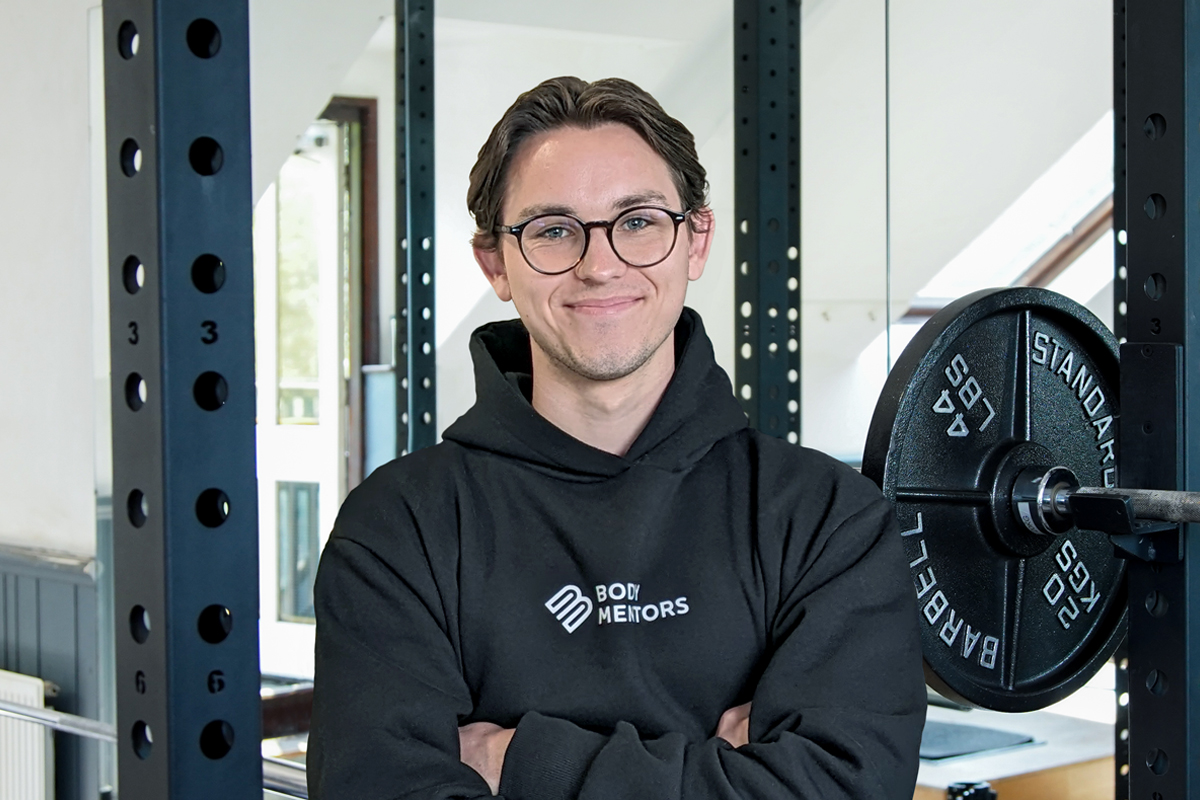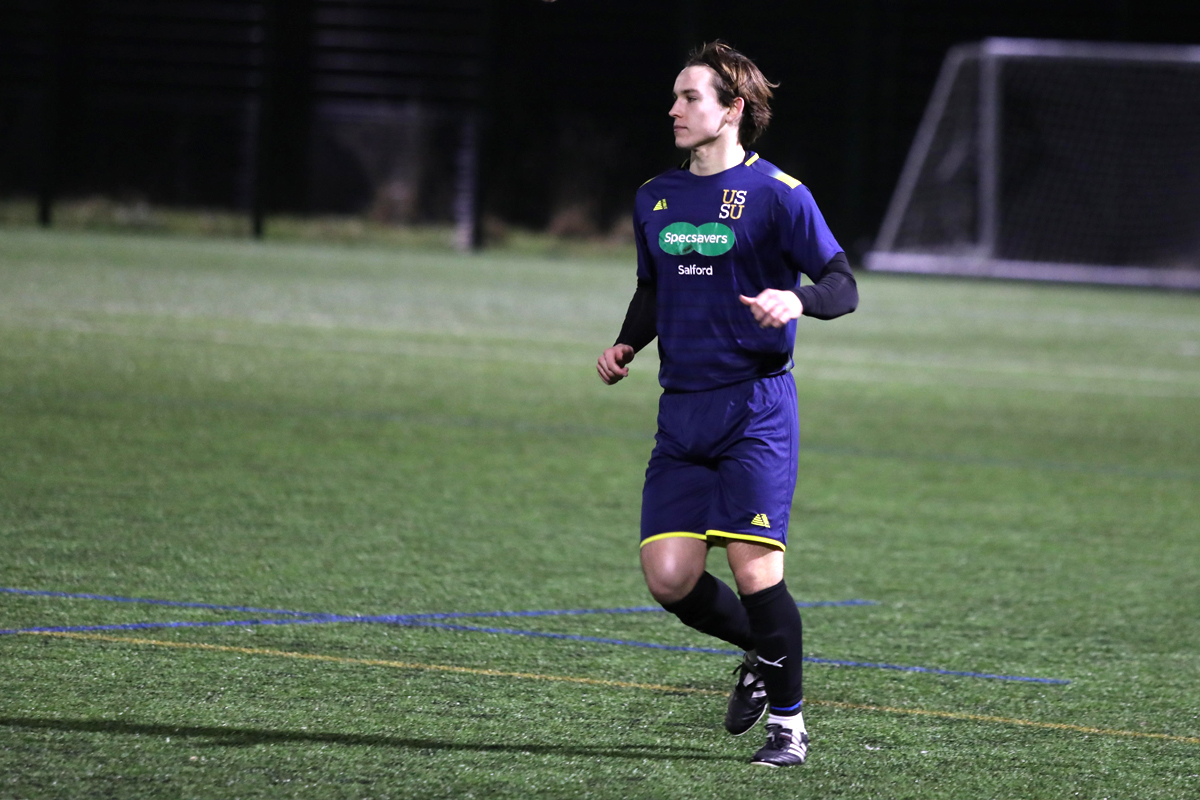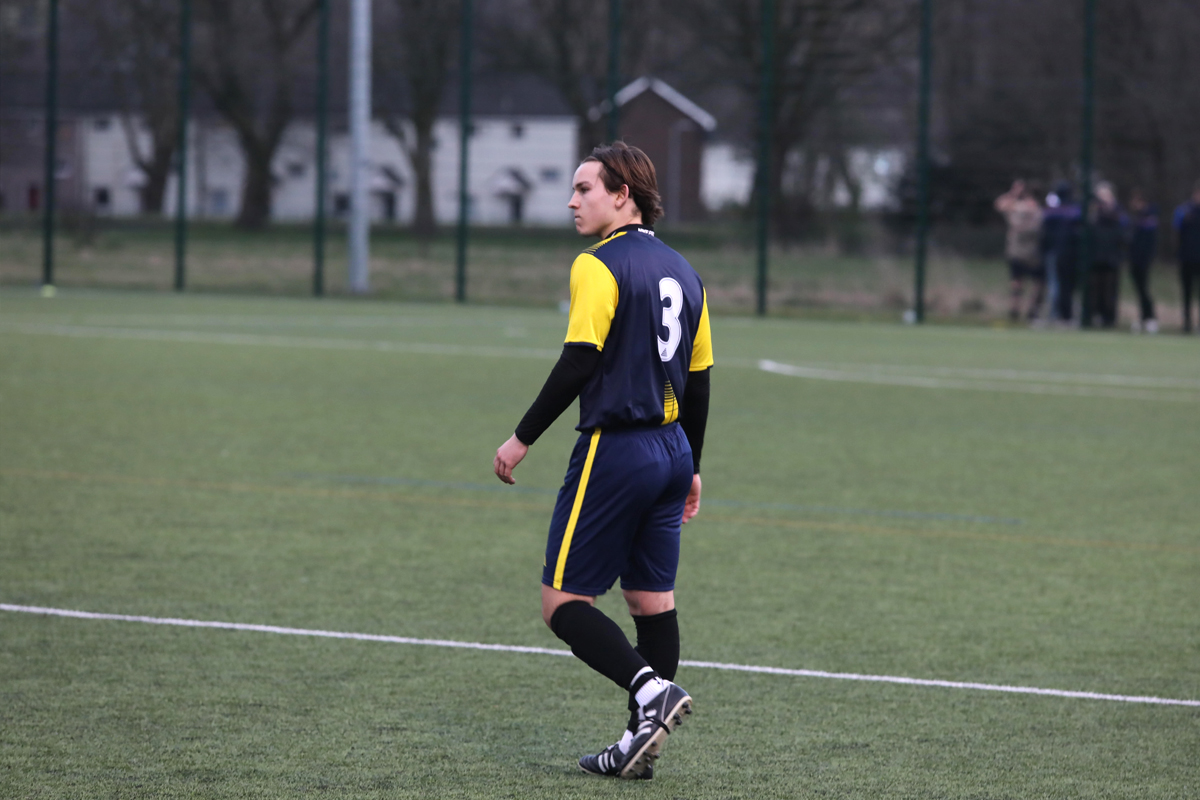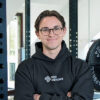
Background & Experience
How did you get started in personal training?
Fitness and personal training runs in the family, so I was in the gym from a young age, getting to try out different machines and dumbbells. I was a huge fan of sports growing up, and keen to participate in every sport possible, but football was always my passion. I’ve played for over 16 years, including experience at University and County level. My love of football lead me to taking a bigger interest in the gym from around age 16, as I begun learning the benefits it could bring to my game. My interests in fitness and sports lead me to pursue a BSc (Hons) degree in Sports Rehabilitation at The University of Salford.
What are your qualifications and certifications?
Sport Rehabilitation BSc (Hons)
Sports Massage Therapist

Training Style
Can you describe your training philosophy?
My experience working with beginners through to professional athletes has been instrumental in my philosophy, to focus on the fundamentals right first and to never take the easy route. I have a passion for coaching and seeing people improve themselves. My philosophy is very aligned with Body Mentors in that respect. I believe everyone can benefit from improved strength, and that’s best achieved with consistency and a progressive overload.
How do you customise your training style for different clients?
Every client is unique, with their own strengths, weaknesses, and usually some form of injury history too. Coming from a rehabilitation background I can help cater exercises for specific injuries or weak areas. Once a client is back to their best, the underlying principles remain the same.

Success Stories & Challenges
Can you share a success story from your coaching career?
My proudest success story to date was coaching Olly back from his ACL reconstruction surgery at Altrincham Football Club. I worked there as a Student Sports Rehabilitator, providing support for the team’s rehab and prehab programmes. Post-surgery Olly was unable to walk without limping, with consistent and strict exercises we were able to get him back on the pitch, sprinting to the same speeds as pre-injury. The most rewarding part was seeing his mood improve and his return to being a loud, funny leader in the dressing room once again. He’s now on track to return to the National League, and with any luck will kick on to new levels.
How do you help clients overcome challenges and stay motivated?
Building rapport with clients is key. For many the gym is an opportunity to switch off from everything else in life and be in the moment lifting weights. Being friendly, positive and upbeat helps clients to achieve more than they imagined possible. And from my own training experience, you always leave the gym feeling better than when you walked in.
Fitness Journey
What are your personal fitness goals and routines?
My personal fitness goals revolve around football, using the gym to aid me in improving as a player. I follow a consistent and regimented programme, which has really helped to improve my strength. As a defender this is a great benefit! My routine is currently built around the compound lifts, with a focus on squats, deadlifts and pressing.
What advice do you have for someone just starting their fitness journey?
Focus on yourself, and your own journey. I think with social media it can be easy to get stuck in a bit of a hole, focusing on what other people are doing. But your fitness journey is for you, and only you. Break your goals down bit by bit, and most importantly get the basics right to set foundations for your future success.
How do you stay updated with the latest fitness trends and research?
I’m not a big fan of trends, because they don’t tend to stand the test of time. Research however, when taken from credible sources is a brilliant way to continue expanding my knowledge, both as a coach and a sports therapist. I keep up-to-date by following a number of online publications, including the British Journal of Sports Medicine (BJSM) which features peer-reviewed research and reviews.
